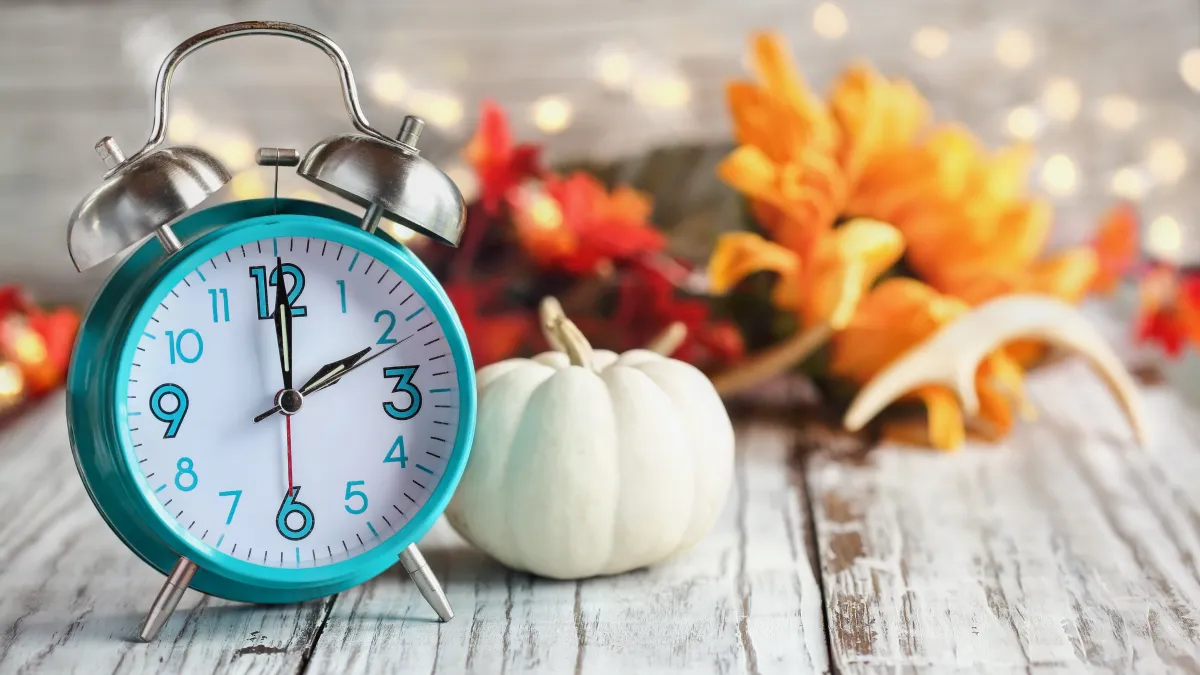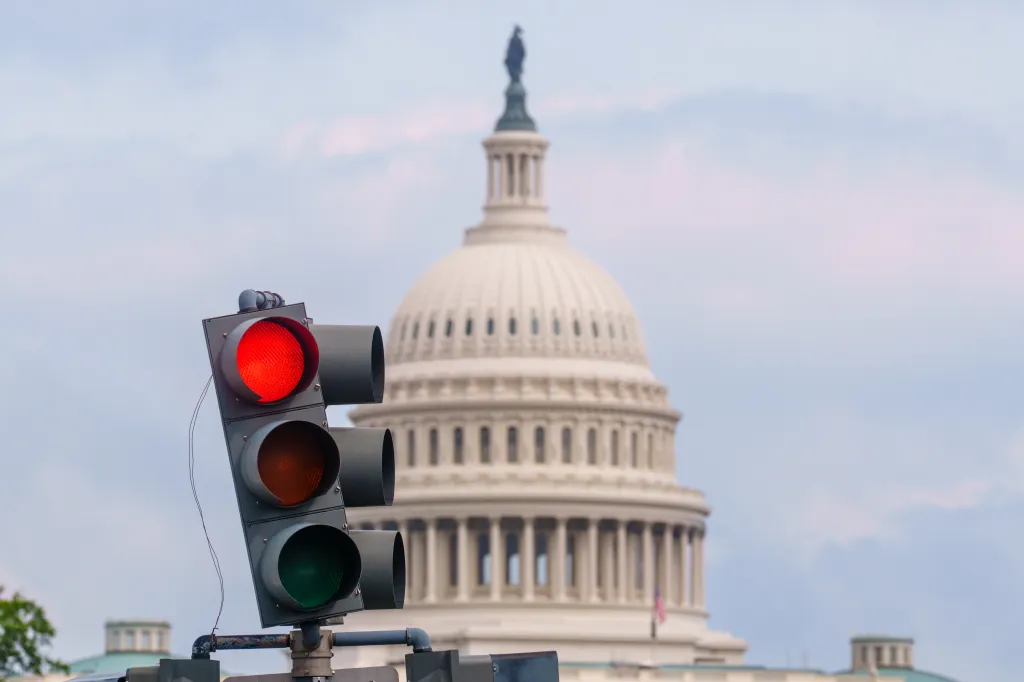Copyright NBC 5 Chicago

To fall back, or not to fall back. The question of whether daylight saving time or standard time is better has long been hotly debated among farmers, political leaders and just about anyone who values their sleep schedule. Sleep experts, however, are less divided on the subject than the general public. The American Academy of Sleep Medicine has pushed for a switch to permanent standard time for several years, with many experts citing a "growing body of evidence" that switching sleep schedules back and forth for the start and end of daylight saving time takes a toll on people's bodies. Dr. Kenneth Lee, medical director of UChicago Medicine Sleep Disorders Center, told NBC Chicago that "within the sleep community most of us do feel very strongly that standard time should be the default as opposed to something like daylight saving time." Exposure to daylight in the morning is the crux of the issue, Lee explained. Following standard time, most people will get more light in the morning time, and that aligns with the body's natural 24-hour clock called the circadian rhythm. "Having that sunlight in the morning really kind of helps us in terms of regulating our sleep/wake cycle a lot better, maximizing our efficiency in terms of thinking clearly, as well as a lot of other effects as well," Lee said. Local Lee said sleep experts have long been concerned about the impact to people's sleep schedules from daylight saving time. "Some people may benefit from that extra hour of sleep in the fall time, however, what goes around comes around. So, in the springtime, we’ll lose that again," Lee said. "Whenever you have a transition like this, it can be abrupt, and it can take a while to adjust for a lot of people.” The transitions imposed by daylight saving time create a "misalignment" from normal sleep times and what time it actually is, Lee said. Many factors play into the misalignment, including what time sunrise is and what time you go to sleep. "A lot of people will struggle with that," Lee said, adding that the adjustment is more difficult in the spring when daylight saving time causes people to lose an hour of sleep as clocks spring forward. Adjusting to daylight saving time can feel like jetlag, Lee explained, but it lasts longer. In addition to feeling sleepier or having trouble sleeping, there are health consequences of losing sleep that have potential long-term effects. "We know that there are health consequences of this," Lee said. "Things such as car accidents on the day after the transition to daylight savings time, those go up, and not only things like that but overall health risks go up, so risk of stroke, risk of heart disease and those kinds of things do go up during this period of time." Dr. James Rowley, a professor of medicine at Rush University and the immediate past president of the American Academy of Sleep Medicine told NBC Chicago in a previous interview that daylight saving time can have mental health impacts too. "Losing that hour of sleep [in the spring] for some people, just makes them more anxious, some more depressed, some more irritated. So it can be quite problematic," Rowley said.



